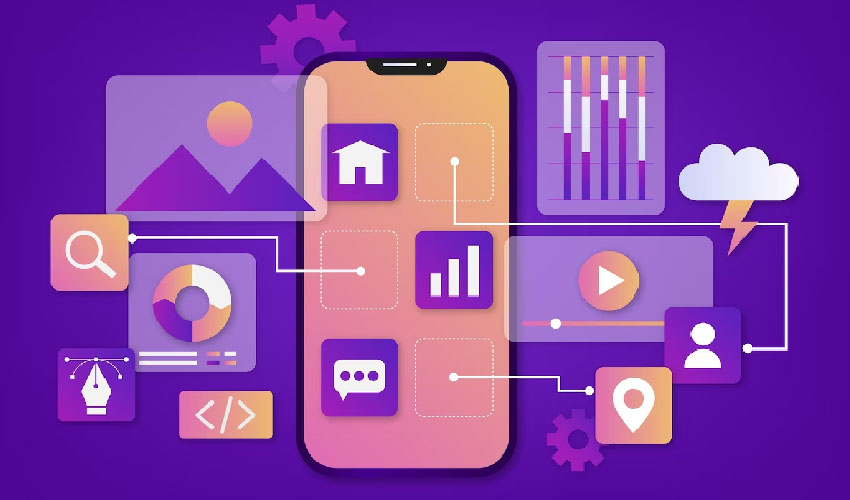Table of Contents
I. Introduction
In today’s fast-paced digital landscape, businesses are continually seeking ways to enhance efficiency and deliver a seamless user experience. Custom web applications play a pivotal role in achieving these goals. This article explores the world of custom web apps with a focus on Django, a powerful Python-based framework known for its efficiency.
II. Django Framework Overview
Django is more than just a web framework; it’s a development ecosystem designed to expedite the creation of robust and scalable web applications. With its “batteries-included” philosophy, Django provides a rich set of tools, enabling developers to build feature-rich applications without starting from scratch.
III. The Significance of Customization
One size doesn’t fit all in the digital realm. Customization is key to meeting the unique needs of businesses and end-users. Django’s flexibility allows developers to tailor web applications precisely to the desired specifications, ensuring a personalized and efficient user experience.
IV. Boosting Efficiency with Django
Django offers built-in features that contribute to the efficiency of web applications. From an ORM system that simplifies database interactions to caching mechanisms that optimize performance, Django empowers developers to create applications that run smoothly even under high loads.
V. Developing Custom Web Apps
Creating custom web apps with Django involves a series of steps. From project setup to defining models, views, and templates, each phase is crucial to the development process. Python’s simplicity further accelerates development, making Django an ideal choice for efficiency-focused projects.
VI. Case Studies
To better understand the real-world impact of custom web apps with Django, let’s delve into a few case studies. From e-commerce platforms to data-driven applications, Django has proven its efficiency by significantly improving response times and overall performance.
VII. Best Practices in Django Development
Efficiency doesn’t end with the initial development phase. Adhering to coding standards, conventions, and regular maintenance is vital. This section highlights the best practices in Django development, ensuring long-term efficiency and sustainability.
VIII. SEO Optimization for Django Web Apps
Search engine optimization (SEO) is paramount for the visibility and success of web applications. Discover strategies to enhance SEO for Django web apps, leveraging the framework’s capabilities to improve rankings and attract organic traffic.
IX. Future Trends in Custom Web App Development
As technology evolves, so does the landscape of custom web app development. Explore emerging trends and how Django continues to adapt, ensuring developers stay ahead of the curve and deliver cutting-edge solutions.
X. Conclusion
In conclusion, custom web apps with Django offer a compelling solution for businesses seeking efficiency and tailored experiences. By harnessing Django’s capabilities, developers can create high-performance applications that meet the unique demands of today’s digital landscape.
Frequently Asked Questions
Q1: Why choose Django for custom web app development? A: Django’s robust features, scalability, and built-in tools make it an ideal choice for efficiently developing customized web applications.
Q2: How can SEO be improved for Django web apps? A: By leveraging Django’s features, implementing proper URL structures, and optimizing content, SEO for Django web apps can be significantly enhanced.
Q3: What industries benefit most from custom web apps with Django? A: Virtually any industry can benefit, but Django has shown exceptional efficiency in e-commerce, data analytics, and content management systems.
Q4: Are there any notable companies using Django for their web applications? A: Yes, companies like Instagram, Pinterest, and Disqus have successfully implemented Django for their web applications, showcasing its efficiency.
Q5: How often should a Django web app be updated for optimal performance? A: Regular updates are crucial for security and performance. Depending on the complexity of the app, updates should be scheduled at least quarterly.
Thanks for reading our post “Custom Web Apps with Django (Python) for Efficiency”. Please connect with us to know more about Web Apps with Django (Python).




















